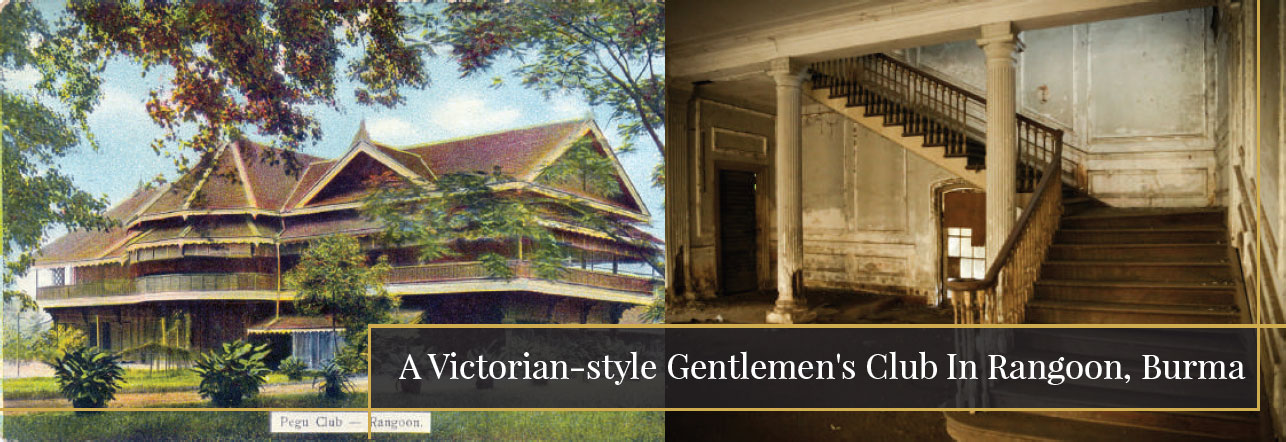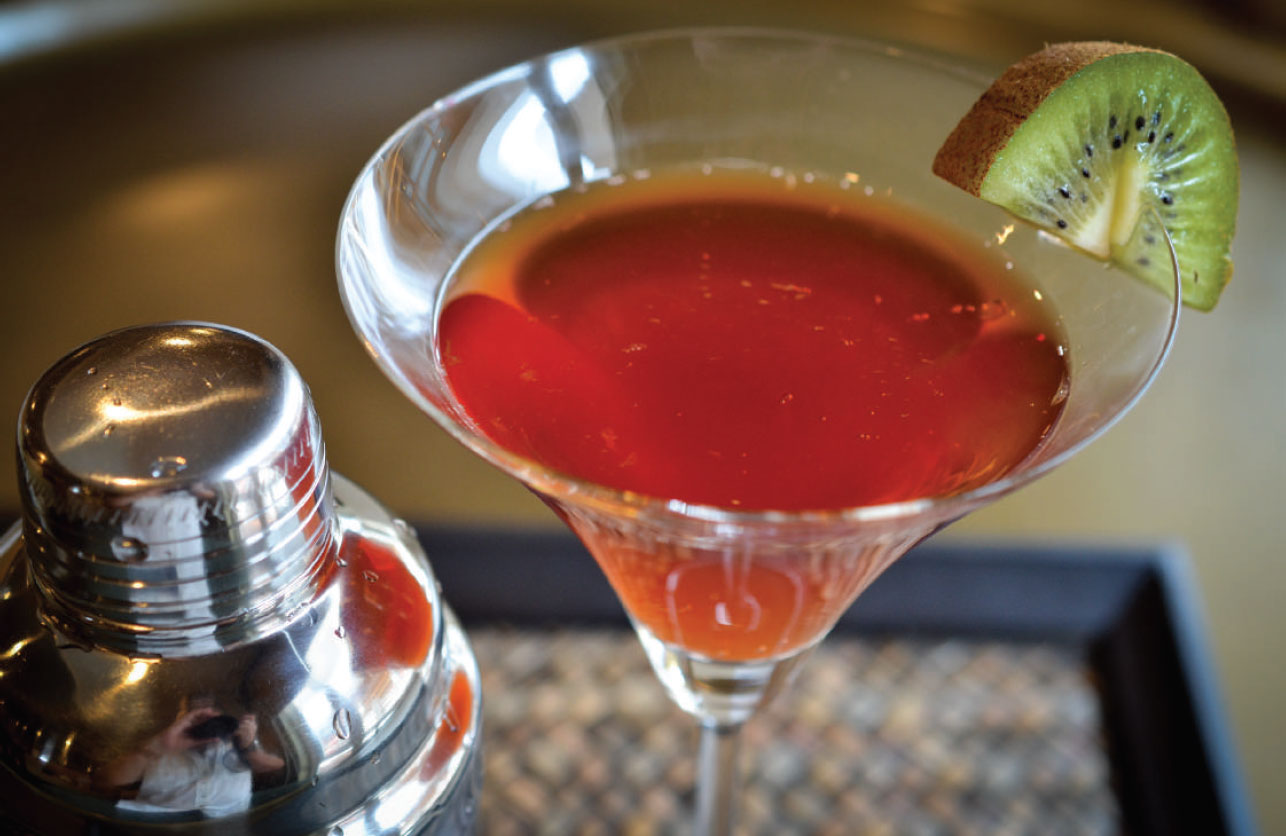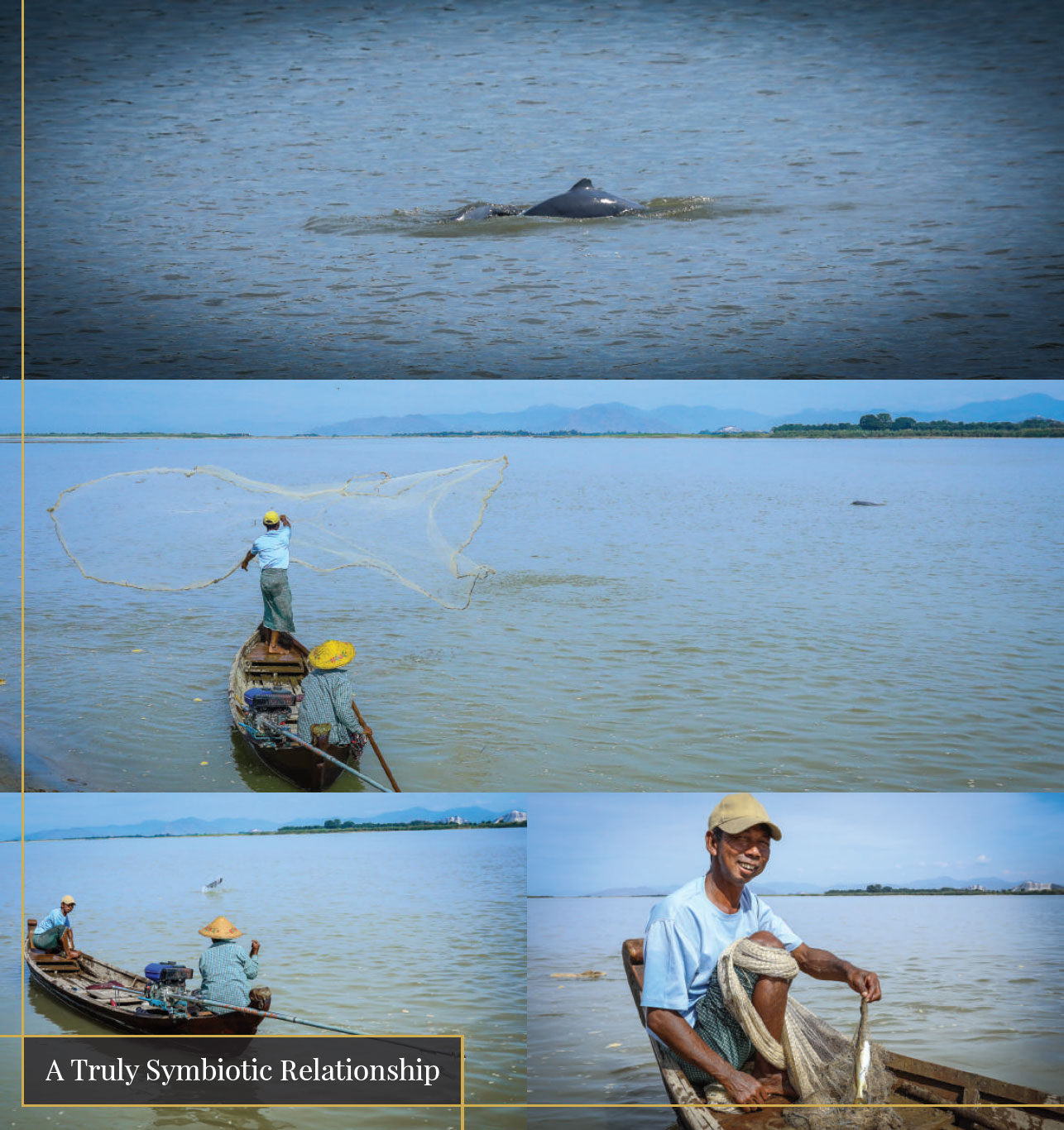An extraordinary relationship between Burmese fishermen & the Irrawaddy Dolphins
The rare and endangered Irrawaddy River Dolphins enjoy a unique interaction and close relationship with the remote fishing villages in Northern Myanmar. For generations small pods of river dolphins have ‘tipped off’ local fishermen when it is time for them to cast their nets..!
In an extraordinary display of cooperation and communication, the dolphins either Tail (fluke) slap or Flipper (pectoral fin) slap when small bait fish are near the fisherman’s boat. This is the signal for the fisherman to cast his net and retrieve his catch of the day.
In the first instance, to alert the dolphins of the fisherman’s presence, a small wooden baton is tapped on the gunnels of the shallow dra¬fted timber boat. Soon a¬fter the dolphins approach to locate nearby bait fish. When the bait fish are within casting range, (around ten meters from the boat) the dolphins Fluke or Flipper slap and within seconds the net is cast.
In appreciation for their underwater insights, a portion of the bait fish catch is donated to the dolphins…… a truly symbiotic relationship.

Legacy of the historic ‘Pegu Club’
As Rudyard Kipling recalled after his visit to Rangoon in 1889 as a young newspaperman, the notorious Pegu Club was “full of men on their way up or down”. He had time for only two stops in the city; that “beautiful winking wonder” the Shwedagon Pagoda and the Pegu Club. Both astounded him. “Try the mutton” he was told. “I assure you the Club is the only place in Rangoon where you get mutton.” But what stood out most was the morbid chatter about battle, murder and sudden death.
Membership was open to ‘all gentlemen interested in general society’, the club’s rules stated, but in practice that meant whites only. “Rank, wealth and birth had no relevance” wrote Wai Wai Myaing in A Journey in Time. “The color of the skin was the only feature that mattered.” By 1910 the Pegu Club boasted 350 members, 25 of whom lived on-site.
When the British conquered Pegu (now Bago) in 1852, they did so according to one rather biased report, “in what may be called dashing style, while exposed to the fierce rays of a burning sun”. Nineteen years later, soldiers and officials based in Rangoon found themselves looking for a place to escape those “fierce rays” and have a drink. Founded in 1871, their original watering hole appears lost in time. But they quickly grew in number and their specially built teak-walled compound was completed in 1882. Today it remains standing but is in need of full restoration.
Located just outside Rangoon its members were mainly British government officials, military officers and prominent businessmen. The club was named after the Pegu, a Burmese river.
A long standing legacy, which has become a signature classic for many illustrious Burmese hotels in the past and even today, is the infamous Pegu Club cocktail.
The Pegu Club or the Pegu is a gin-based cocktail that was the club’s signature cocktail.
The Pegu Club Recipe
Dash Bitters, Dash Orange bitters, 3/4 oz Orange curacao, 1 1/2 oz Gin, 1 Teaspoon Lime juice.
Shake ingredients together in a mixer with crushed ice. Strain into chilled glass.
Garnish with a lime twist and serve in a cocktail glass.

Community Engagement policy
Our Vision
Irrawaddy Voyages believes that tourism on and around the Irrawaddy River should build a respectful and mutually beneficial relationship between travelers, businesses and the local communities. We already play an active role in providing financial benefits for local people through employment, local purchasing and delivering opportunities for our guests to support local communities. We will help to preserve the many cultures, ethnic minorities and traditions that exist along the riverbanks for future generations, as well as educate our guests about these unique characteristics. We care about the social welfare of our community and the protection of our shared natural environment.
Irrawaddy Voyages Sustainable Policies 2018
Irrawaddy Voyages offers guests a genuine nature based travel experience in a stylish and luxurious cruising environment. At all times we adopt a Safety First Policy 24/7. This applies not only to our onboard guests but to our ships crews. We pride ourselves on ensuring that every guest receives a warm and friendly welcome, a high level of comfort and excellent service. We also believe in delivering a responsible tourism experience that is environmentally friendly and gives back to the river communities. Our sustainable policies promote environmentally friendly operations that contribute to the protection of our natural and cultural heritage. We continuously strive to be a fair employer that promotes local recruitment and promotion.














